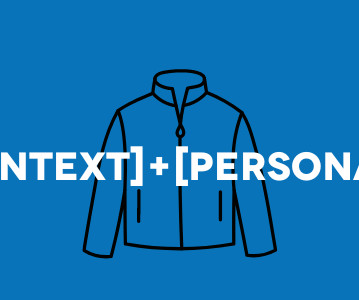The AI Writing Prompt Formula and Prompt Ideas
Whole Whale
MARCH 22, 2023
For example, you can start your prompt with “Write a heartfelt story for an 8-yr old about…” or “Provide a never-heard-before solution for boomers about…” Add personality : Don’t be afraid to give the AI an attitude or tone.












Let's personalize your content